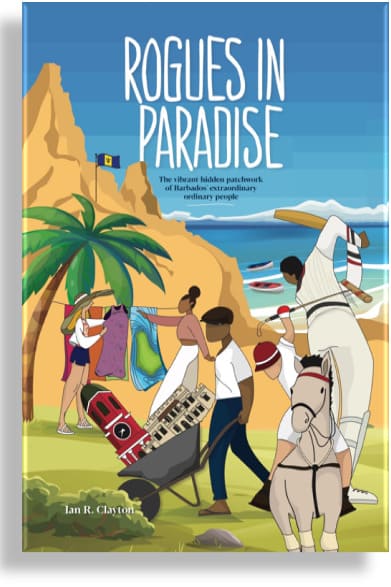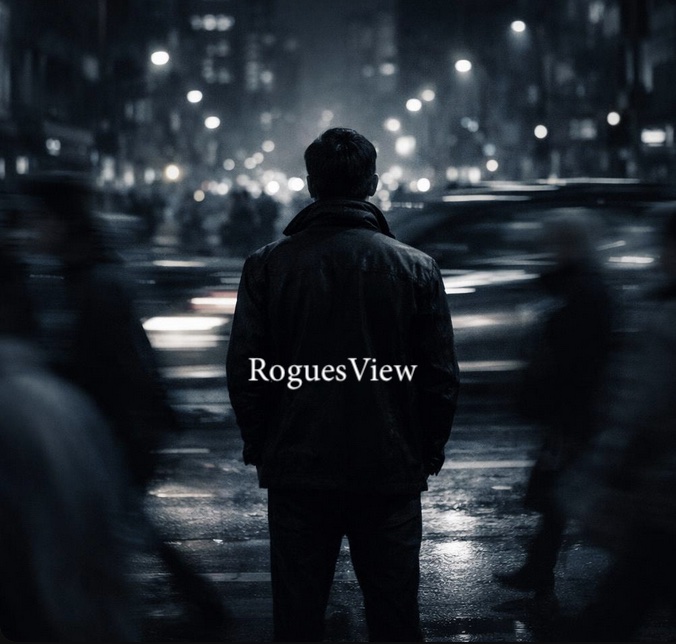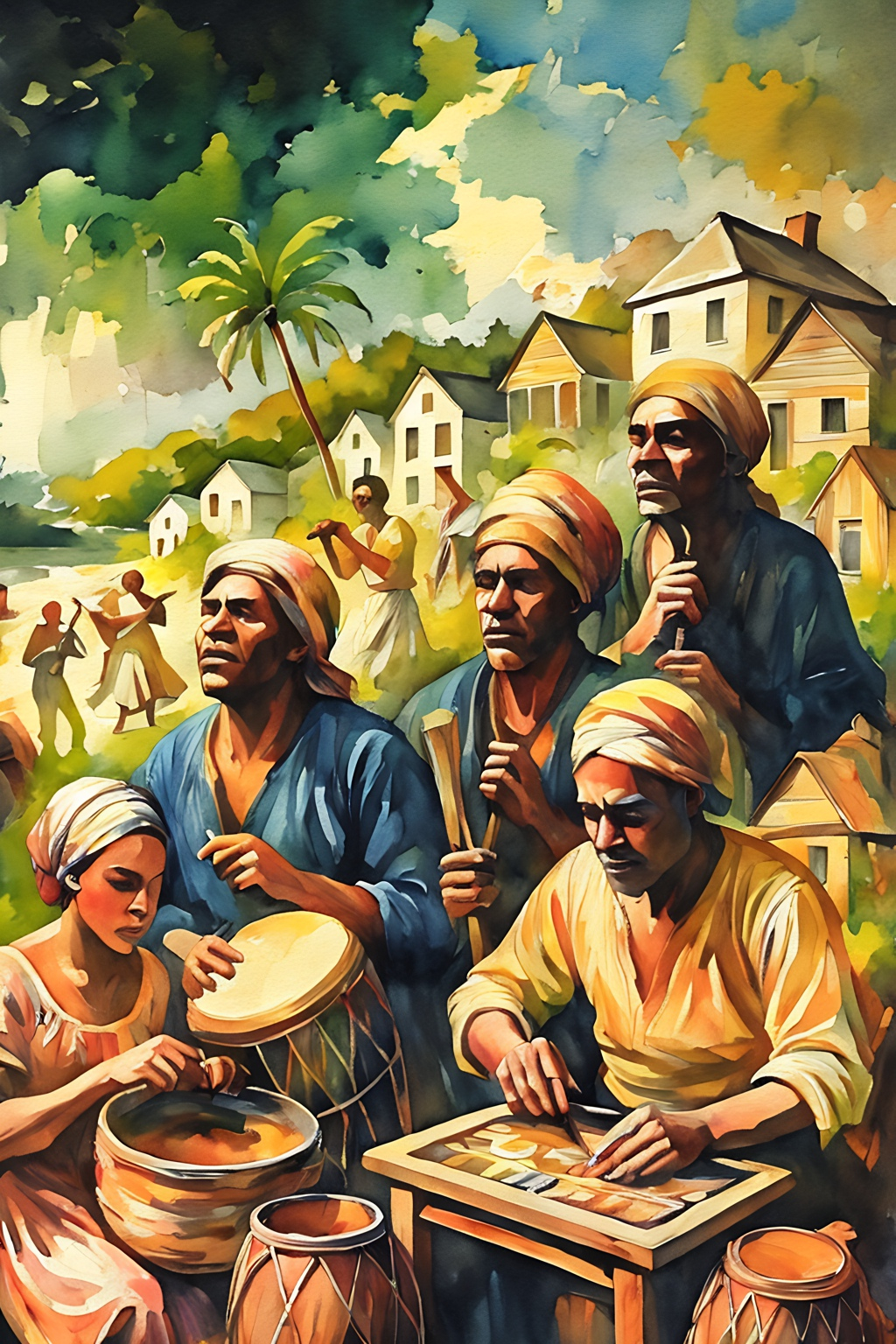The word emancipation carries a promise. It comes from the Latin emancipare — to set free from control. But freedom on paper is not the same as freedom in life. For millions of enslaved Africans and their descendants across the Caribbean and the wider world, emancipation was a milestone both triumphant and fraught, marking the end of legal bondage but also the beginning of new struggles for survival, dignity, and justice.
The Origins of Emancipation
The journey to emancipation was long and uneven. First came the fight against the trade in human beings. In 1807, Britain outlawed the transatlantic slave trade, a move spurred by abolitionists, church leaders, and the growing resistance of enslaved people themselves. But slavery — the brutal system that chained Africans and their children to plantations — continued for decades.
It was not until the Slavery Abolition Act of 1833 that Britain officially declared slavery illegal across its empire. The law took effect in 1834, freeing some 800,000 enslaved people in the Caribbean, Mauritius, and South Africa. Yet even then, freedom was conditional.
The formerly enslaved were forced into an “apprenticeship” system — a thin disguise for continued servitude — that bound them to their old masters for four to six more years. Only in 1838 did full emancipation arrive in practice.
A Caribbean Revolution of Spirit
Barbados, Britain’s first slave society, felt the tremors deeply. For centuries, sugar ruled the island and enslaved Africans outnumbered Europeans many times over. When emancipation came, the planters were compensated handsomely for the loss of their “property.” The enslaved received nothing but their fragile liberty.
Still, emancipation was a turning point. It ended one of history’s most oppressive systems, creating the foundation for cultural rebirth. Across Barbados, churches rang their bells, prayers rose from chapels and cane fields, and new forms of self-expression flourished.
It was not equality — not yet. Poverty and racial discrimination persisted. But emancipation planted seeds of resilience that would grow into national pride, independence, and today’s vibrant Barbadian identity.
Global Waves of Freedom
Emancipation unfolded differently across the world:
-
Emancipation unfolded differently across the world:
-
Haiti (1791–1804): The enslaved Haitian themselves led a revolution, defeating Napoleon’s armies and creating the first Black republic.
-
France (1794, reinstated 1802, abolished 1848): France briefly abolished slavery during the Revolution in 1794, but Napoleon reinstated it in 1802. It was permanently abolished in 1848 across all French colonies. The french were more accepting of slaves and humanity as in the case of Jospeh bologne
-
Spain (1811–1886): Abolition came gradually—enslaved people in Spanish America and the Spanish Caribbean gained freedom in stages, with Puerto Rico abolishing slavery in 1873 and Cuba in 1886, the last in the Caribbean.
-
Britain (1834–1838): Gradual emancipation across its empire, with an apprenticeship period before full freedom. It was hard battle led by the Abolisionist
-
The Netherlands (1863): Slavery ended in Dutch colonies such as Suriname and the Antilles, though formerly enslaved people were forced to continue working under contract for another decade.
-
United States (1863–1865): Abraham Lincoln’s Emancipation Proclamation declared freedom for enslaved people in rebel states, but true liberation only came with Union victory in the Civil War.
-
Brazil (1888): The last country in the Americas to abolish slavery, ending it without conditions. Brazil had a huge influence on the sugar industry of Barbados
-
Each story carried its own contradictions, but together they marked a global tide that reshaped nations and identities.
See also comparative systems of slavery in the Caribbean.
The Legacy of Emancipation
In Barbados today, emancipation is remembered every August 1 on Emancipation Day, a public holiday that honours the struggle and survival of those who lived under slavery. It is echoed in Crop Over Festival, where music, dance, and satire reclaim the plantation landscape with joy.
Emancipation is not a closed chapter. Its legacy is felt in ongoing debates over reparations, racial justice, and postcolonial identity. To be emancipated is more than to be unchained; it is to reclaim one’s story, one’s dignity, and one’s place in the world.
A Story That Lives On
In Rogues in Paradise, I follow this legacy of emancipation through the voices of everyday Bajans — vendors, artists, rebels, and rogues who turned survival into culture. Their stories remind us that emancipation was a beginning, not an end.
It is the story of resilience, humour, and humanity in the face of history’s darkest past. And it is the story of how a small island, once defined by slavery, redefined itself in freedom.
“Emancipation was never just a law — it was a living struggle for identity. Discover the untold stories of Barbados’ rogues, heroes, and dreamers in Rogues in Paradise.
Access Free sample chapters now >>>>>
Download sample chapters and also get
- Invitation to the launch
- Free RoguesCulture newsletter









